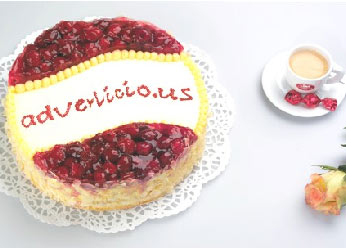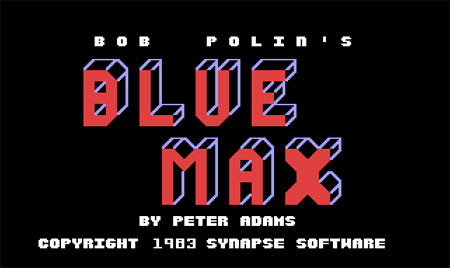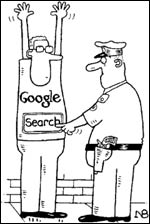Search Engine Watch has released a special report from the Search Engine Strategies conference, December 5-8, 2005, Chicago, IL., written by guest writer Greg Jarboe. A very interesting look on the state of Video Search today.
Moderated by Chris Sherman, this session featured three executives from video search engines: Suranga Chandratillake, the co-founder and CTO of blinkx, John Thrall, head of Multi-Media Search Engineering at Yahoo! Search, and Karen Howe, vice president of AOL Search and General Manager of Singingfish. The session also featured one expert in video search from a full-service interactive agency: Jon Leicht, Senior Project Manager at SiteLab International.
Keypoint made by Jon Leicht :
[...] the key is producing meta information. He added that meta information can include keywords, but should be more descriptive for video search. File naming is critical and the page content where a file can be found appears to have an effect on media search. He also recommended producing a transcript of audio for use in Google.
Very interesting tips, especially the one where he advised to produce a transcript of audio.
Jon closed with some observations about the future for video search engines, saying “Content drives demand.” And, he said only thing preventing video owners and creators from submitting even more content to video search engines was finding a way to monetize video search results.
About this monetizing video search results… I know what Jon was pointing out is from the engine’s point of view, but here’s my two cents on the monetizing from content from a consumer’s point of view : I’ve been contacted recently on YouTube by someone who tried to lure me to motion.tv with the tease of making money from the clips I could upload there. Since I’m kind of a power user on YouTube, I have a rather large archive. Here starts a new moral discussion. The clips I upload to YouTube aren’t mine at all but are regarded as being ‘common property’ -internet videos and viral clips in general- so what gives me the right to make money from them? Violating copyright silently is one thing, because most of the time the owner can’t be tracked that fast, but making money from content you a) do not own and b) did not create… that just doesn’t sound very fair at all.
From Motion.tv’s about:
Motion.tv pays its members a percentage of monthly ad dollars generated. Payment is based on the popularity of your videos (how many times your videos are watched by others). The better the video, the higher the ranking – the higher the ranking the more people watch your video, the more people watch your video, the more money you make. It’s that simple.
So in fact, if I were to be a popular forum with thousands of users, like there are dozens, and if I were to upload clips to motion.tv instead of uploading them to ‘putfile.com’ or ‘yourfilehost.com’ or another third party media host, and if I then send all my users to the link I would provide, I could generate a lot of money on the back of the people who made the videos in the first place. Hmmm. Tempting. How ‘allowed’ can this be? It seems very easy to hide behind a disclaimer, but I think this is a grey zone that very urgently needs some regulations.




